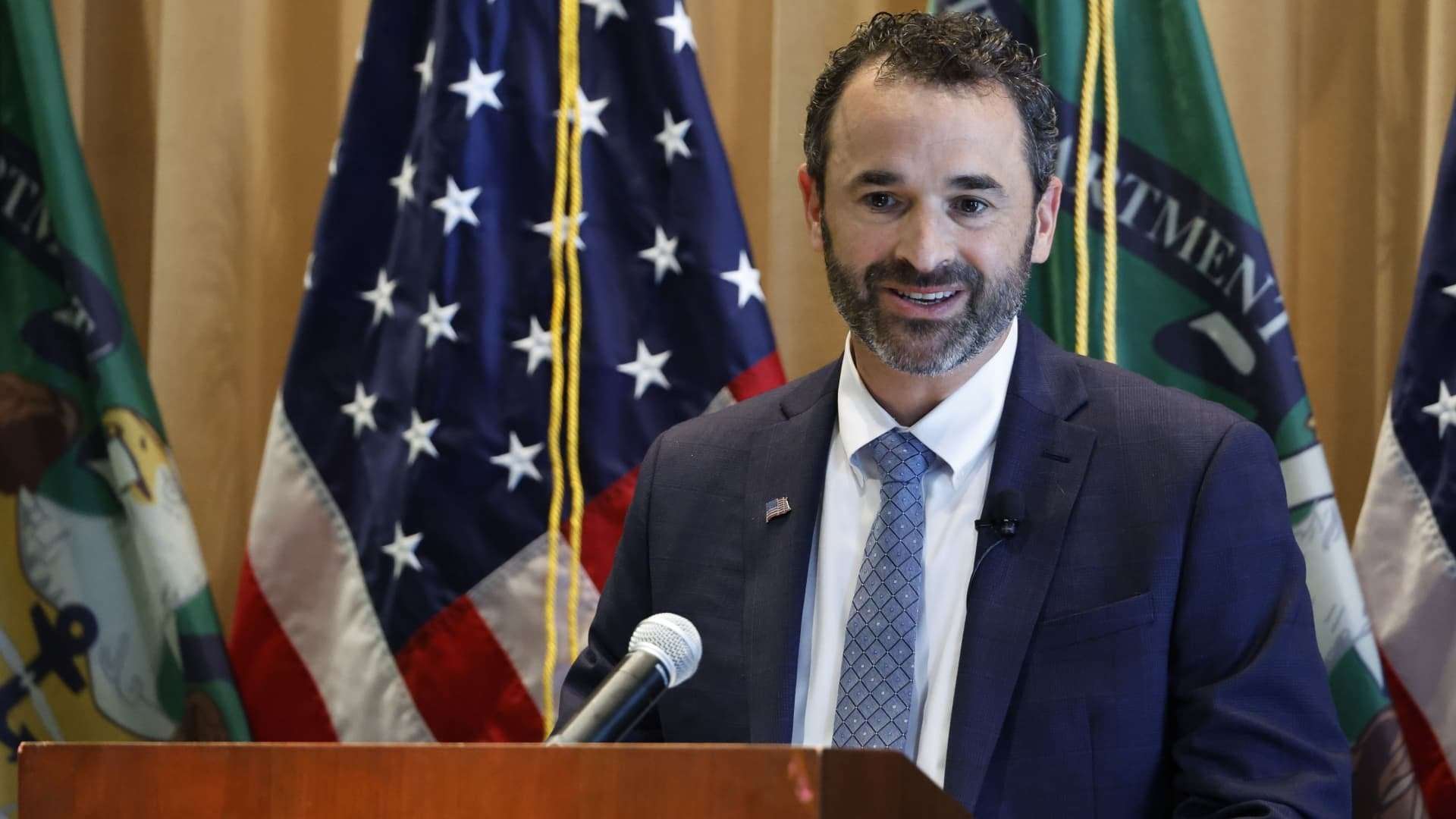The nation's millionaires and billionaires are evading more than $150 billion a year in taxes, adding to growing government deficits and creating a "lack of fairness" in the tax system, according to the head of the Internal Revenue Service. The IRS, with billions of dollars in new funding from Congress, has launched a sweeping crackdown on wealthy individuals, partnerships and large companies. In an exclusive interview with CNBC, IRS Commissioner Danny Werfel said the agency has launched several programs targeting taxpayers with the most complex returns to root out tax evasion and make sure every taxpayer contributes their fair share. "When I look at what we call our tax gap, which is the amount of money owed versus what is paid for, millionaires and billionaires that either don't file or [are] underreporting their income, that's $150 billion of our tax gap," Werfel said. "There is plenty of work to be done." Werfel said that a lack of funding at the IRS for years starved the agency of staff, technology and resources needed to fund audits — especially of the most complicated and sophisticated returns, which require more resources. Audits of taxpayers making more than $1 million a year fell by more than 80% over the last decade, while the number of taxpayers with income of $1 million jumped 50%, according to IRS statistics.
"For complex filings, it became increasingly difficult for us to determine what the balance due was," he said. "So to ensure fairness, we have to make investments to make sure that whether you're a complicated filer who can afford to hire an army of lawyers and accountants, or a more simple filer who has one income and takes the standard deduction, the IRS is equally able to determine what's owed. And to us, that's a fairer system." Some Republicans in Congress have ramped up their criticism of the IRS and its expanded enforcement efforts. They say the wave of new audits will burden small businesses with unnecessary bureaucracy and years of fruitless investigations and won't raise the promised revenue. The Inflation Reduction Act gave the IRS an $80 billion infusion, yet congressional Republicans won a deal last year to take $20 billion of the funding back. Now they're pressing for further cuts. The Treasury Department said last week it estimates greater IRS enforcement will result in an additional $561 billion in tax revenue between 2024 and 2034 — a higher projection than it had initially stated. The IRS says that for every extra dollar spent on enforcement, the agency raises about $6 in revenue. The IRS is touting its early success with a program to collect unpaid taxes from millionaires. The agency identified 1,600 millionaire taxpayers who have failed to pay at least $250,000 each in assessed taxes. So far, the IRS has collected more than $480 million from the group "and we are still going," Werfel said.
Danny Werfel, commissioner of the Internal Revenue Service (IRS), speaks after being ceremonially sworn in at the IRS headquarters in Washington, DC, US, on Tuesday, April 4, 2023. Ting Shen | Bloomberg | Getty Images
